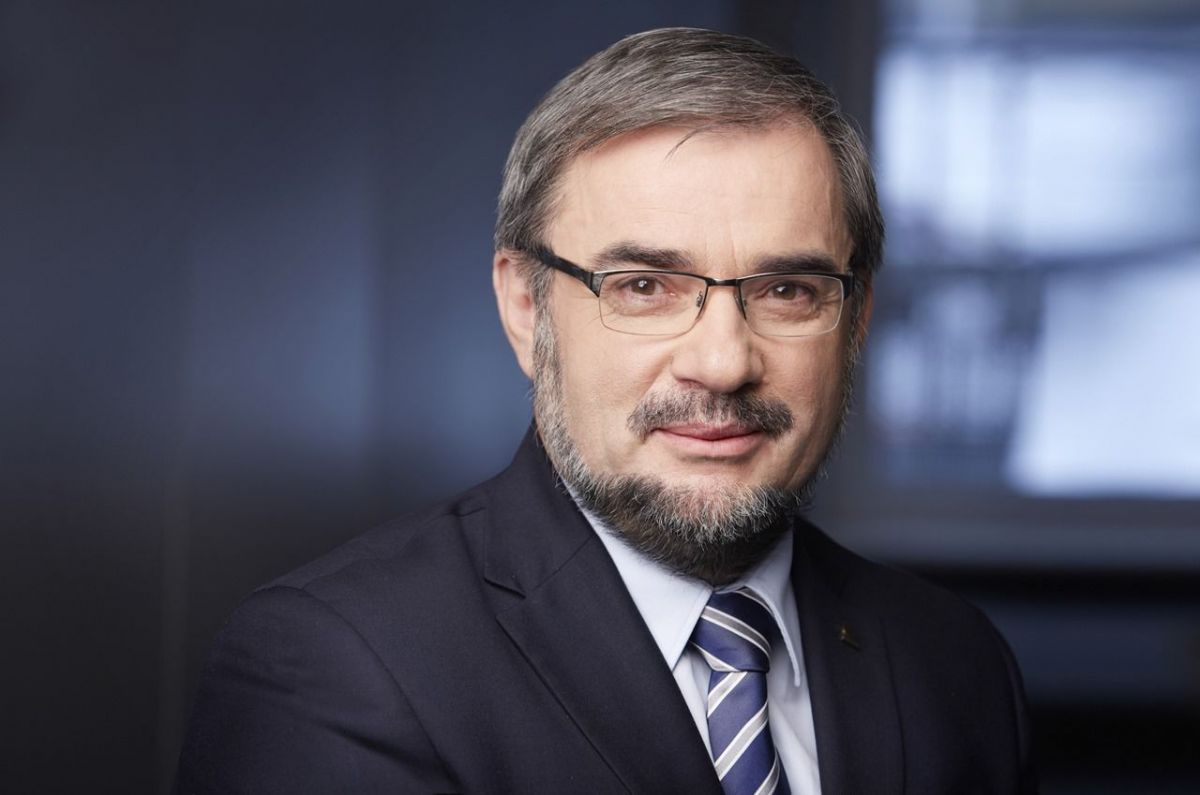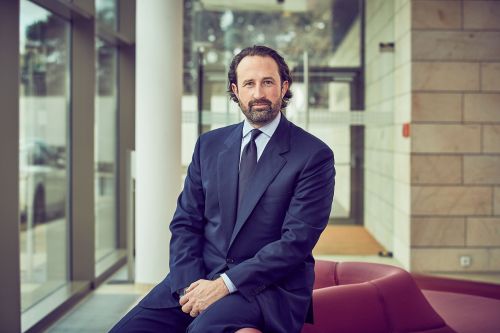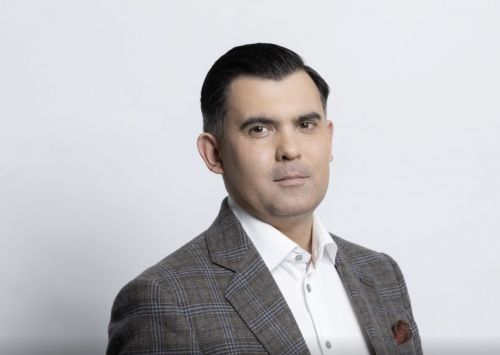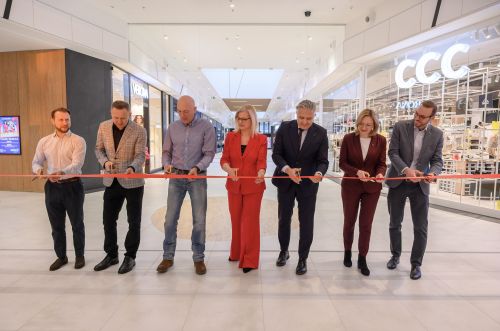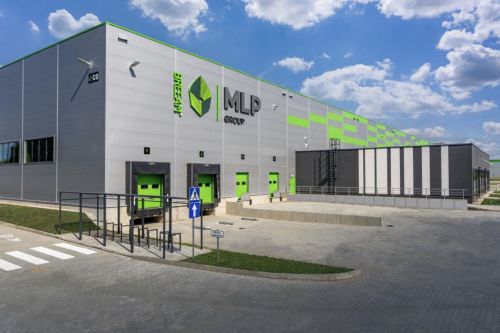The Polish construction sector has had to cope with the pandemic, work stoppages on building sites and supply chain disruption. Now it is also having to cope with all the consequences of the war in Ukraine, inflation, the soaring cost of construction materials, upwards wage pressure and fewer projects. “2022 can be viewed as one of the toughest years for the Polish construction industry since the 1990s. The outbreak of war in a country directly neighbouring Poland marked the beginning of a period of unprecedented chaos in the building sector. With the proximity of the conflict, along with the size of the market and the stage of the economic cycle, it would be fair to say that in 2022 the construction sector in Poland was struck by a combination of unfavourable events far harder than in any other country of the CEE region,” admits Damian Kaźmierczak, the main economist at the Polish Association of Construction Employers (PZPB).
Bartłomiej Sosna, a construction market anal
